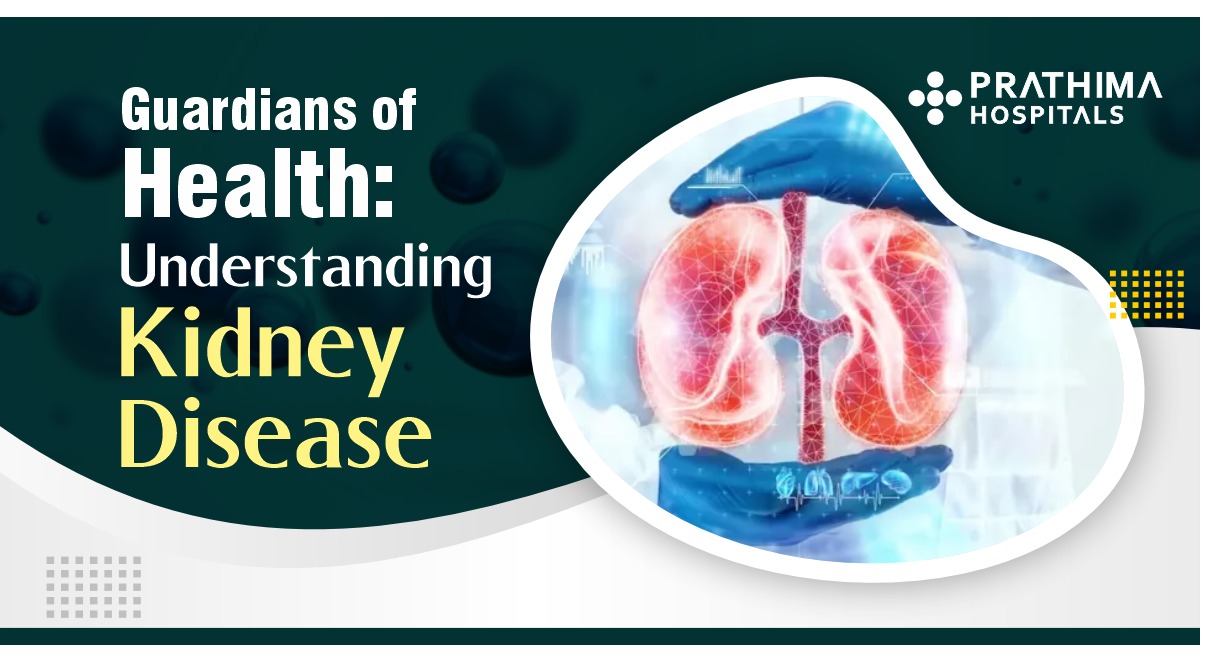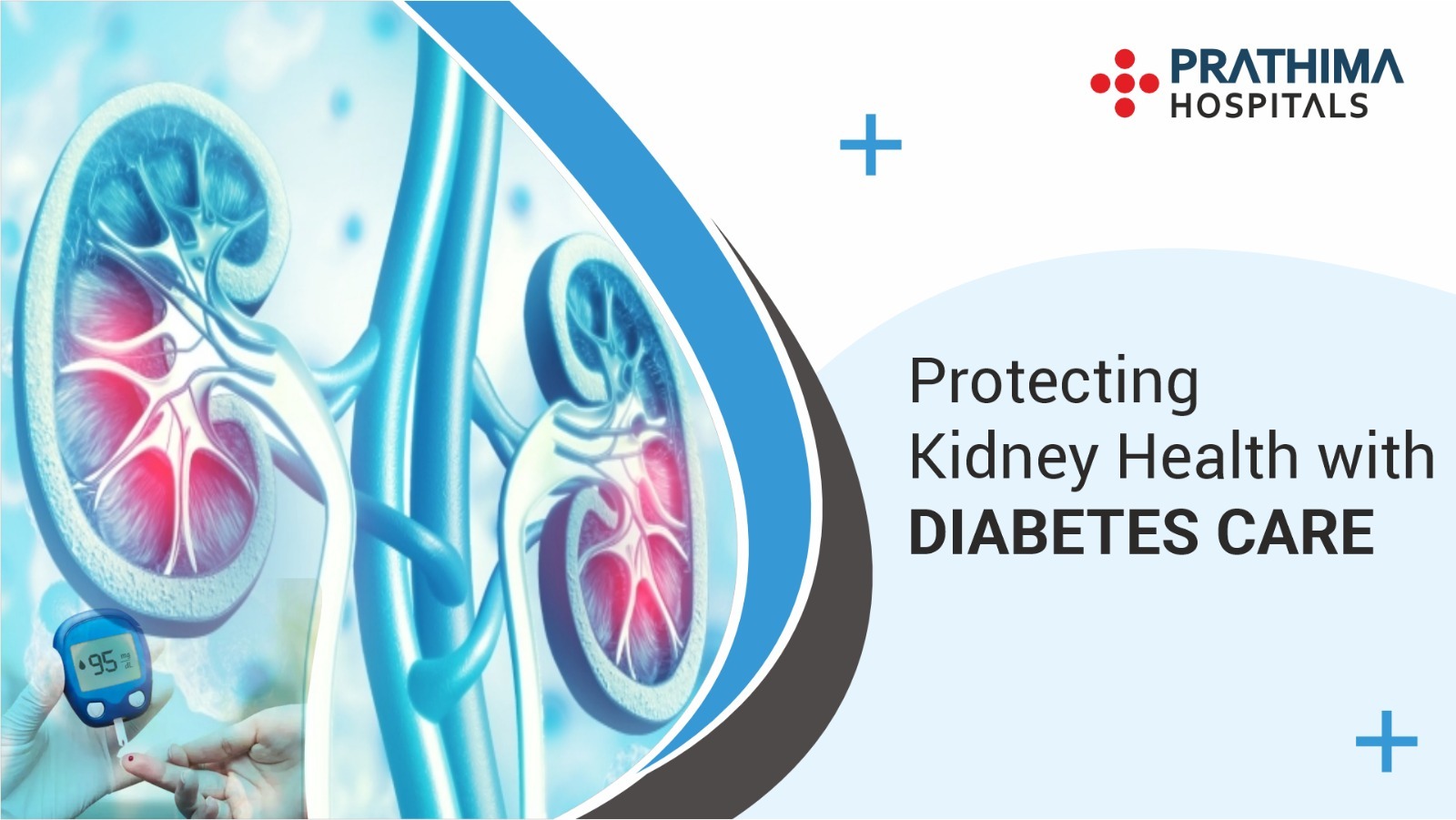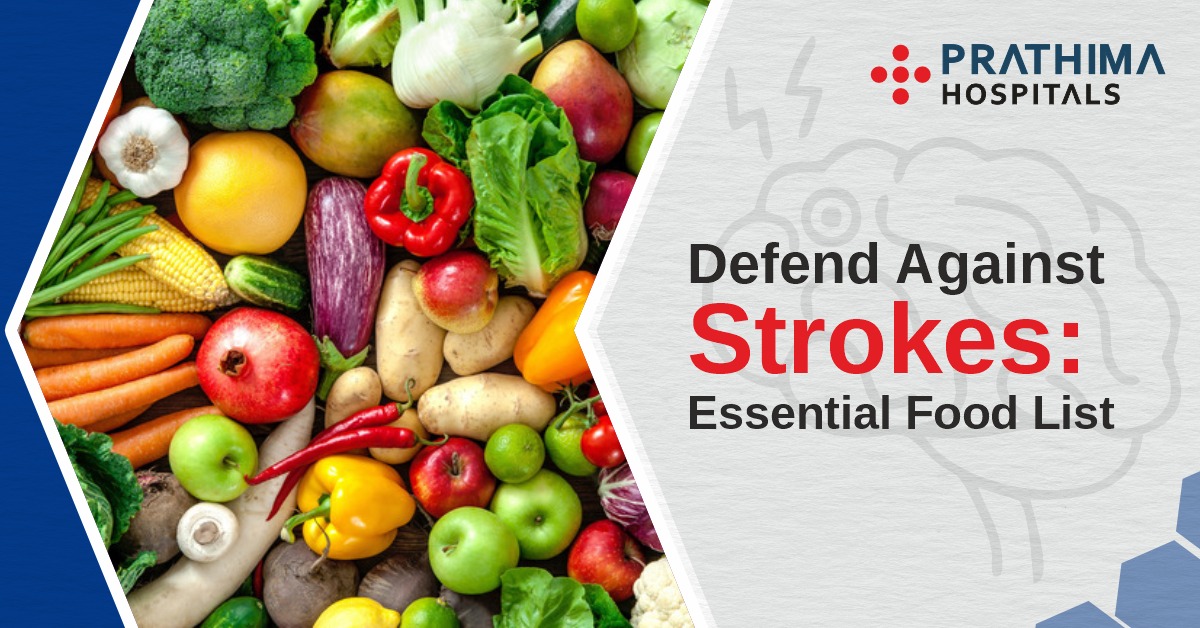Common Symptoms of Heart Disease You Must Know

If something went wrong in your heart, would you know? Not all heart problems have clear warning signs. There is not always a shock in the chest followed by a fall as you can see in the movies. Cardiovascular health is closely linked to mental health, with 33% of all heart attack patients showing signs of clinical depression. Negative heart health is also associated with the onset of dementia and memory loss. As the heart pumps blood throughout the body – it is directly or indirectly involved in all the cells in your body receiving water, oxygen, food, vitamins, minerals, and body support. You need to think of heart health as important as your whole life!
In particular, note these problems:
1. Chest discomfort
It is the most common sign of a heart attack. If you have a blocked artery or have a heart attack, you may feel pain, stiffness, or pressure in your chest. Some people say it’s like an elephant sitting on top of them. Some people say it’s like biting or burning. “The feeling usually lasts longer than a few minutes. It’s possible if you’re relaxed or doing something physically. If it’s a very short pain – or if it’s a very painful area when you touch or push it – it’s probably not your heart. You should still see a doctor. If the symptoms are severe and do not go away within a few minutes, reach out to nearest cardiology hospital.
Also, remember that you can have heart problems – even a heart attack – without chest pain. That is very common in women.
2. Nausea, Diarrhea, Heartburn, or Abdominal Pain
Some people have these symptoms during a heart attack. They may even vomit, says Chambers. Women are more likely to report this type of disease than men.
After all, you might have an upset stomach for many reasons that have nothing to do with your heart. It could just be something you ate, after all. But you should know that it is also possible during a heart attack, so if you feel this way and are at risk for heart problems, let your doctor know what is happening, especially if you have one symptoms on this list.
3. Pain That Passes On to the Arm
Another sign of a heart attack that causes pain is passing through the left side of the body.
It almost always starts from the chest and goes out. But I have had some patients with pain especially in the arm which turned out to be a heart attack.
4. Feeling dizzy or light-headed
Too many things can make you lose your balance or make you feel weak for a while. Maybe you did not have enough food or drink, or you got up very quickly.
5. Throat or Jaw Pain
Personally, pain in the throat or jaw is probably not related to the heart. It may be caused by a muscle problem, a fever, or a sinus problem, but if you have pain or pressure in the middle of your chest that spreads to your neck or jaw, it can be a sign of a heart attack. Call 040 4345 4345 and seek medical attention to make sure everything is in order.
6. Legs, Feet, and ankles Swollen
This can be a sign that your heart is not pumping blood properly as it should. When the heart is not able to pump fast enough, blood clots in the arteries and causes constipation. Heart failure can also make it difficult for the kidneys to remove excess water and sodium from the body.
7. Irregular Heart Beat
It is normal for your heart to race if you are nervous or excited or skip or adds rhythm once in a while but if you feel like your heart is beating for just over a few seconds, or if it happens more often, tell your doctor. In most cases, it is caused by something easy to fix, such as too much caffeine or not getting enough sleep. But sometimes, it can indicate a condition called atrial fibrillation that needs treatment. So ask your doctor to examine you.
8. Sweating
Cold sweating for no apparent reason may indicate a heart attack. If this happens with any of these symptoms, consult your doctor immediately.
9. Persistent Sputum
In many cases, this is not a symptom of a heart problem. But if you have a heart condition or know that you are at risk, be especially careful about the possibility that, if you have long-lasting sputum that produces white or pink mucus, it could be a sign of heart failure. This happens when the heart is unable to respond to the body’s needs, causing the blood to return to the lungs, ask your doctor to diagnose the cause of your cough.
10. You get tired easily
If you suddenly feel tired or out of breath after doing something you had no problem doing in the past – like climbing stairs or carrying food from a car – make an appointment with your doctor right away. “These kinds of big changes are more important to us than all the pain and pain you can feel. Excessive fatigue or unexplained weakness, sometimes day after day, can be a sign of heart disease, especially for women.
11. Smell
It is normal to inhale slightly while sneezing. But unusually loud snoring that sounds like panting or choking may be a sign of sleep apnea. This is when you stop breathing short several times at night while you sleep. This puts more stress on your heart, and your doctor may consider whether you need a sleep education to determine if you have the condition. If you do, you may need a CPAP machine to speed up your breathing while you sleep.
These symptoms and signs suggest that your heart is unhealthy. Consult your doctor immediately. Early diagnosis of your heart problems will lead to an early prognosis.
Healthy food plus fitness is equal to a healthy heart.
5 tips to keep your heart healthy are as follows:
- Eat nutritious food.
- Increase physical activity
- Decrease stress
- Quit smoking and alcohol consumption.
- Weight control
Remember any emergency can be delayed, if you take precautions at an early stage. If you are having any symptoms or health issues mentioned above, do consult a cardiologist for early diagnosis and guidance.
At Prathima Hospitals, we have a dedicated Cardiac Care for both Children and Adults with experienced doctors and advanced technology. And Prathima Hospitals is considered one of the best cardiology hospitals in Hyderabad.
To consult, call: 040 4345 4345 or book an appointment from here.





